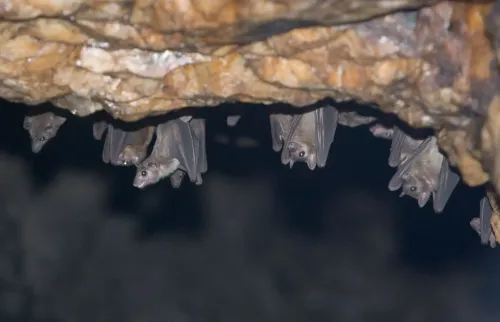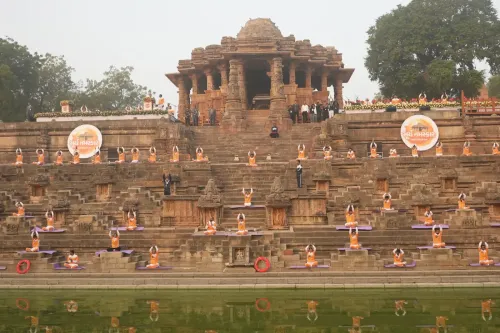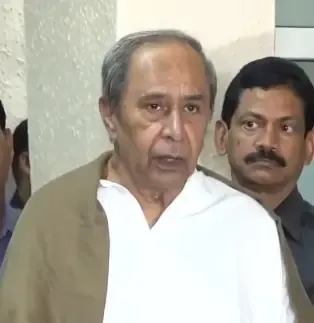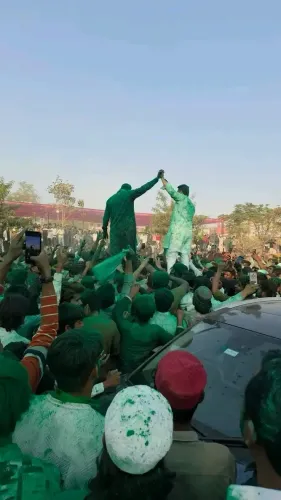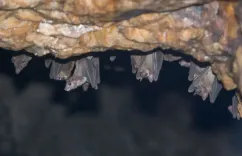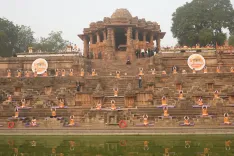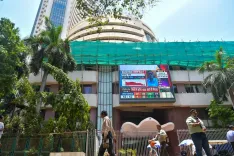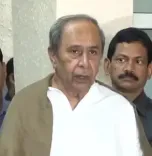Is the Bengal Government Facing a Legal Challenge Over Arbitrary Postings of RG Kar Protest Leaders?
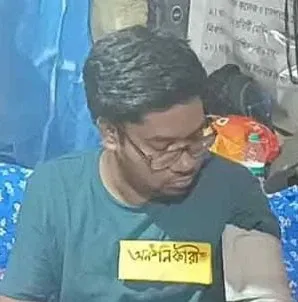
Synopsis
Key Takeaways
- Legal Challenge: Three doctors are challenging arbitrary postings.
- Protests Triggered: Protests arose from a tragic incident in the medical community.
- Support from Peers: Junior doctors are backing their colleagues in the fight for justice.
- Transparency Demands: Calls for clarity in administrative processes are growing.
- Systemic Issues: Allegations of favoritism highlight deeper issues within the health department.
Kolkata, May 28 (NationPress) The West Bengal government is preparing for a legal confrontation regarding alleged arbitrary postings made by the state health department affecting three Senior Resident doctors who were prominent figures in the RG Kar protest movement.
Demonstrations were organized by junior doctors in response to the horrific rape and murder of a female doctor at the state-run R.G. Kar Medical College & Hospital in Kolkata that occurred within the hospital grounds last August.
The three affected doctors, Debasish Halder, Aniket Mahato, and Asfaqulla Naiya, have expressed their dissatisfaction over their postings.
They intend to take legal action against the health department, asserting that their assignments were made without justification.
They claim that only they received these selective postings, while others who participated in the counseling session with them for Senior Resident placements were not treated similarly.
The issue was first highlighted on Tuesday morning when Halder's posting was announced, disregarding his preference for Howrah District Hospital, as he was assigned to a rural facility in Gazole, located in Malda district, which officially does not have any vacancies for Senior Residents.
Later that evening, it was revealed that Mahato and Naiya were also assigned to distant locations that were not their preferred choices.
Mahato's first choice to work at RG Kar, where he completed his post-graduation, was overlooked in favor of a posting at a hospital in Raiganj, situated in North Dinajpur district in northern West Bengal.
Naiya was assigned to a medical college and hospital in Purulia district, disregarding his first choice of a hospital in Arambagh, Hooghly district.
The West Bengal Junior Doctor’s Front (WBJDF), the organization representing junior doctors leading the protest against the R.G. Kar tragedy, has pledged to support Halder, Mahato, and Naiya in their legal disputes regarding the postings.
“A total of 778 junior doctors participated in the counseling session for Senior Resident postings. None of them faced denial of their first choice, except for Halder, Mahato, and Naiya.
“This clearly indicates that they have been targeted simply because they were the faces of the R.G. Kar movement. This is a clear case of gross injustice,” stated a WBJDF representative.
Mahato clarified that their concern is not solely about being assigned to remote areas, but rather about the complete lack of transparency in the allotment process.
Halder and Naiya have asserted that in addition to seeking justice for the victim of the R.G. Kar incident, they are demanding full transparency within the state's medical administration.
“However, our experiences illustrate that transparency remains elusive,” Naiya added.


